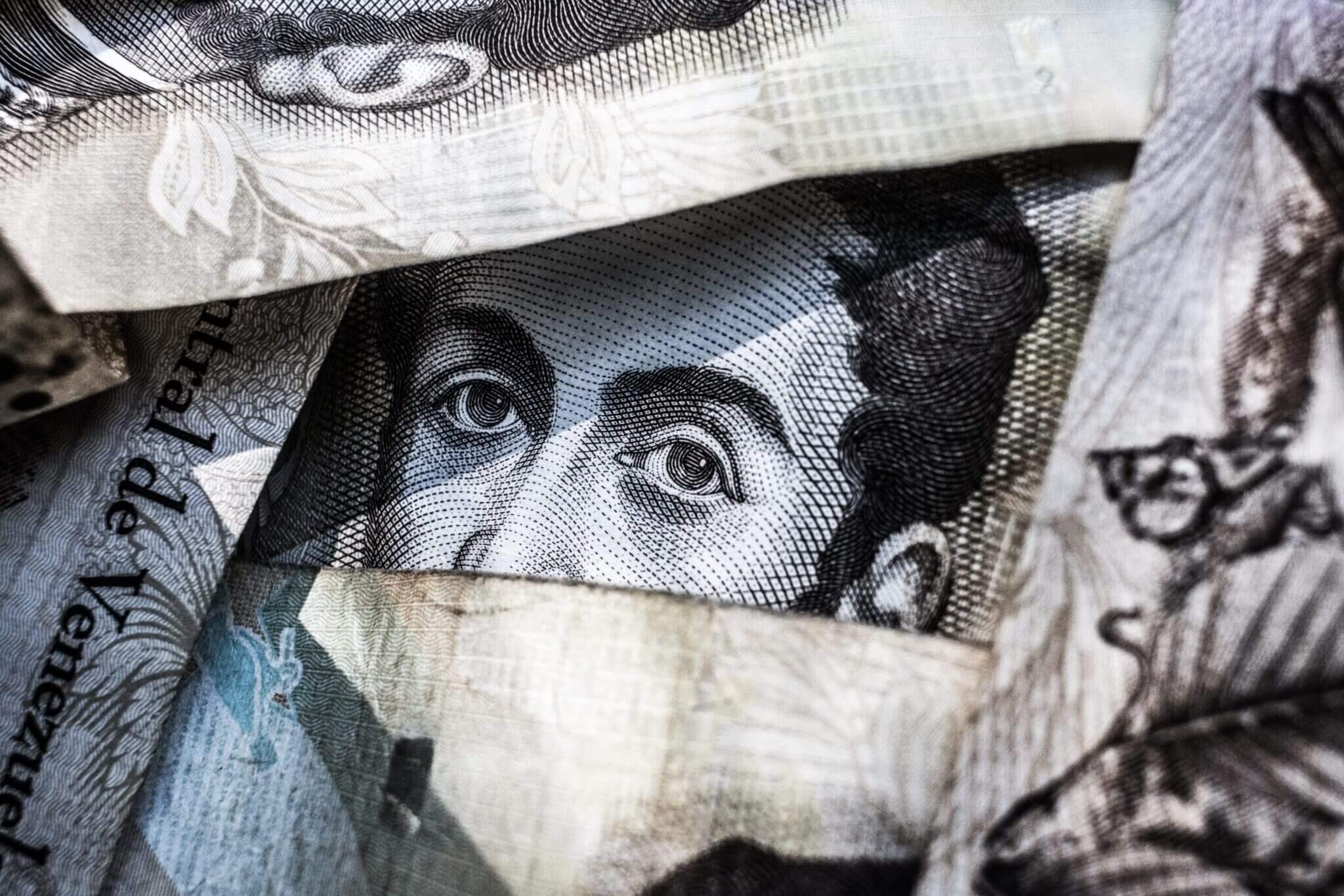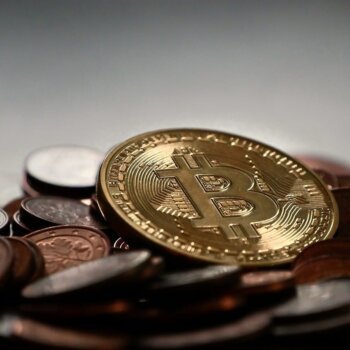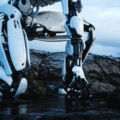Investments in the Internet of Things are an important element of the fourth industrial revolution. The real fuel of future economy will be data resources. Information collected by many smart objects will change the landscape both in the financial industry and in the whole industry.
When we interact with objects connected to the network, and these items have the ability to communicate in real time, we deal with the IoT. In this networked structure, there is a space for humans, although some people defines IoT as a network of relations only between machines. The Internet of Things alongside Blockchain, artificial intelligence is one of the most frequently changed concepts in the context of the 4th industrial revolution.
IoT in numbers:
· 10–15 trillion — by 2030, this is how much the contribution of the IoT to global GDP will be. For comparison, more or less the current GDP of one of the world’s largest economies (China) (source: General Electric);
· 75 percent cars manufactured by 2020 will be connected to the IoT network (source: Business Insider);
· 62 billion dollars — this is how much global consumer spending related to the Internet of Things in 2018 (source: IDC).
According to the IDC research company, the global investments in this segment are expected to reach 772.5 billion dollars. According to the same company, the number of smart devices connected to the network in 2020 will be 4 times higher than the estimated value for the Earth population for this period.
The number of objects will reach over 30 billion (in 2020). The dynamic development of new, innovative technologies and the huge amount of data provided via the IoT will have an impact on the financial sector.
The fuel of the Internet of Things
We can compare Internet of Things to the infrastructure that is used to collect and distribute huge data sets. Without big data, there would be no IoT and vice versa. These two areas are the foundation of industry 4.0. Over a dozen of billion objects connected to the network generate a lot of information requiring structured analysis. IDC estimates that spending on analytics of IoT data will grow by an average of 30 percent on an annual basis. Companies still have a problem with the effective use of these resources. Problems are reflected in the conclusion from the Gartner report — the company is claiming a failure of almost 60 percent projects related to big data.
Although most initiatives seeks to monetize data sets will not bring the expected results, the development of the Internet of Things and the increase of big data global resources is inevitable. E.g. Los Angeles used traffic monitoring sensors to automate the management of traffic lights. Traffic jams have decreased by over 16 percent in this way. One of the IoT projects with the greatest momentum is the Korean smart city Songdo, which is a hundreds of hectares of intelligent city designed and built from scratch. In this city, for example, an intelligent water management system was used and even sensors in car registrations that would turn off the main beam if they did not detect other vehicles involved in the traffic.
How the Internet of Things can affect the credit, insurance and loans market?
According to the IDC report, expenditures on the IoT will grow the fastest in the area of household appliances (52 percent), vehicles (48 percent) and smart buildings (34 percent). These areas are at first glance not related to the credit sector. Deloitte analysts draw scenarios in which data collected by smartphones, refrigerators, smart watches, and televisions can be used, for example, by loan companies to analyze creditworthiness. Already, the analysis of our activity in social media helps in the processing of loan applications. Social scoring is not a common method, but with the development of IoT, the data can be so accurate that this assessment model will become the backbone of a reliable verification of a potential borrower. Especially if he or she does not have a credit history yet, and his
The IoT can also improve the optimization of internal processes in companies. Sensors will help to analyze the mutual relations between employees and the conditions in offices that are conductive to greater efficiency.
The insurance sector can also benefit from the implementation of intelligent cars equipped with sensors that monitor drivers’ driving style. At the moment, the data on how a given driver brakes, speeds up or does not exceed the permitted speeds, is collected by applications, so they are not assigned to a specific car.
Smart houses packed with sensors will revolutionize the real estate insurance sector. The companies will be able to use information on the use of the apartment to precisely determine risks to which the property is exposed. They will be able to analyze if a flat is often smoked, which may be a threat to fire. IT is not difficult to imagine also sensors monitoring the gas system at home. If there is any damage, it may affect the increase of the real estate insurance premium.
These are just a few examples about the direction in which the Internet of Things will push financial sector. The dynamic development of IoT may also lead to the implementation of solutions that go beyond the imagination of analysts.
The fourth revolution will leave its mark on the financial industry.
About the Author
This article was written by Dawid Wiktor, Founder, CEO and CTO @ Inspire, Polish Ministry of Digital Affairs and cryptocurrencies investor.





























